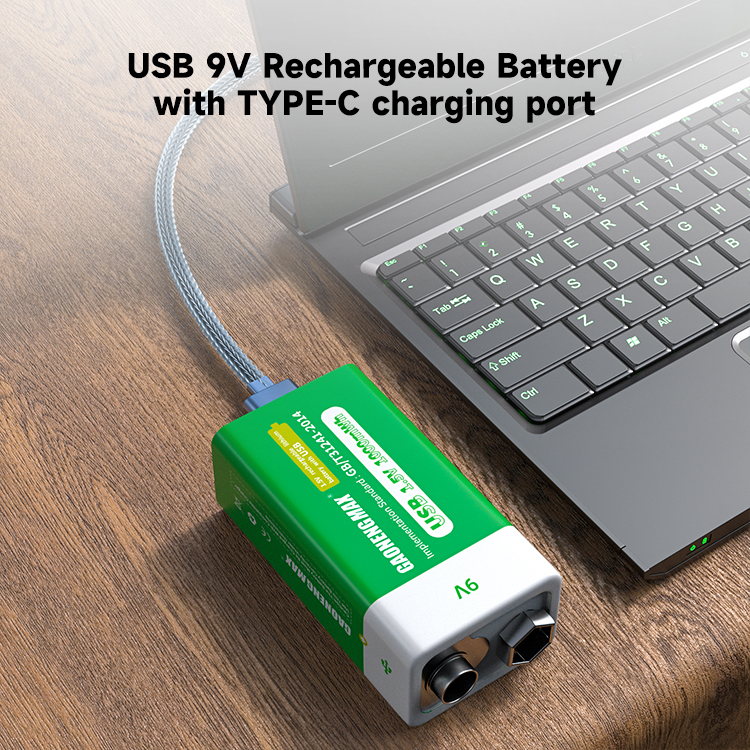
In principle, battery damage basically comes from two aspects:
On the one hand, when the battery is charged and discharged, the cathode
and anode of the battery will shrink and expand with the release and absorption
of ions. Long-term fast charging will destroy the chemicals on the battery,
resulting in shortened battery life.
On the other hand, during fast charging, due to the relatively high
current, the thermal effect of the current will be intensified, causing the
battery to generate high temperatures. High temperatures will also cause a
sudden reduction in capacity and permanent damage to the battery cells.
As we all know, one of the advantages of lithium batteries is that they can
be charged at any time at a convenient time, instead of having to recharge after
running out of electricity. So, what is a charging cycle?
Low temperature lithium iron phosphate battery 3.2V 20A -20℃ charging, -40℃
3C discharge capacity ≥70%
Charging temperature: -20~45℃ -Discharge temperature: -40~+55℃ -40℃ Support
maximum discharge rate: 3C -40℃ 3C discharge capacity retention rate ≥70%
Click for details
A charging cycle means that all the battery's power is used from full to
empty, and then charged from empty to full. This is not the same as charging
once. To put it simply, for a 600 mAh lithium battery, you charge it from 0 mAh
to 400 mAh for the first time, and use N milliamps; then you charge it to 150
mAh, and then use N milliamps. A; finally charge 100 mA. When the last charge
reaches 50 mA, a charging cycle of this battery is completed.
(400+150+50=600)
A lithium battery only uses half of its charge on the first day, then
charges it fully. If it is still the same the next day, that is, if you charge
it half way, and charge it twice in total, this can only be counted as one
charging cycle, not two. Therefore, it may often take several charges to
complete a cycle. Each time a charging cycle is completed, the battery capacity
will decrease a little. This is why many people who use lithium battery mobile
phones often say: "This broken mobile phone can be used for 4 days when I first
bought it, but now it can only be used for 3 and a half days on a single
charge." However, this reduction in power is very small. High-quality batteries
will still retain 80% of their original power after multiple charging cycles.
Many lithium-ion powered products are still in use after two or three years. Of
course, lithium batteries will eventually need to be replaced when their life
span is up.
The life of lithium batteries is generally 300-500 charging cycles.
Assuming that the power provided by a complete discharge is 1Q, if the reduction
in power after each charging cycle is not taken into account, the lithium
battery can provide or supplement a total of 300Q-500Q of power during its life.
From this we know that if you charge 1/2 every time, you can charge it 600-1000
times; if you charge it 1/3 every time, you can charge it 900-1500 times. By
analogy, if it is charged randomly, the number of times is uncertain. In short,
no matter how you charge it, the total amount of electricity added is 300Q-500Q,
which is constant. Therefore, we can also understand this: the life of lithium
battery is related to the total charging capacity of the battery, and has
nothing to do with the number of charging times. There is little difference in
the impact of deep discharge, deep charge and shallow discharge on the life of
lithium batteries.
In fact, shallow discharge and shallow charging are more beneficial to
lithium batteries. Deep discharge and deep charging are only necessary when the
power module of the product is calibrated for lithium batteries. Therefore,
products powered by lithium batteries do not have to stick to the process.
Everything is done with convenience in mind. You can charge them at any time
without worrying about affecting their lifespan.
Therefore, lithium batteries also have life problems under normal charging
conditions. Each charge will also cause a little damage to the battery, but this
damage is minimal and will take up to a year or more to show up on the phone.
Therefore, whether it is fast charging or normal charging, it will actually
cause irreversible damage to the battery, but the damage of fast charging will
be slightly stronger than that of normal charging. However, with the various
guarantees of current fast charging technology, this kind of battery damage is
still safe and reasonable.
At present, most companies that provide fast charging solutions do not give
out their impact on battery life from a battery perspective. However, according
to national standards, a battery with a battery capacity of more than 80% after
500 charge and discharge times is qualified within one year. Little impact on
use.
Read recommendations:
Cabinet type energy storage battery 25KWH
Which is a good vanadium or lithium battery?
National standard requirements for batteries
603450 battery wholesaler
18650 battery lithium ion 2200mah












































 360° FACTORY VR TOUR
360° FACTORY VR TOUR
 Whatsapp
Whatsapp
 Tel
Tel Email
Email TOP
TOP